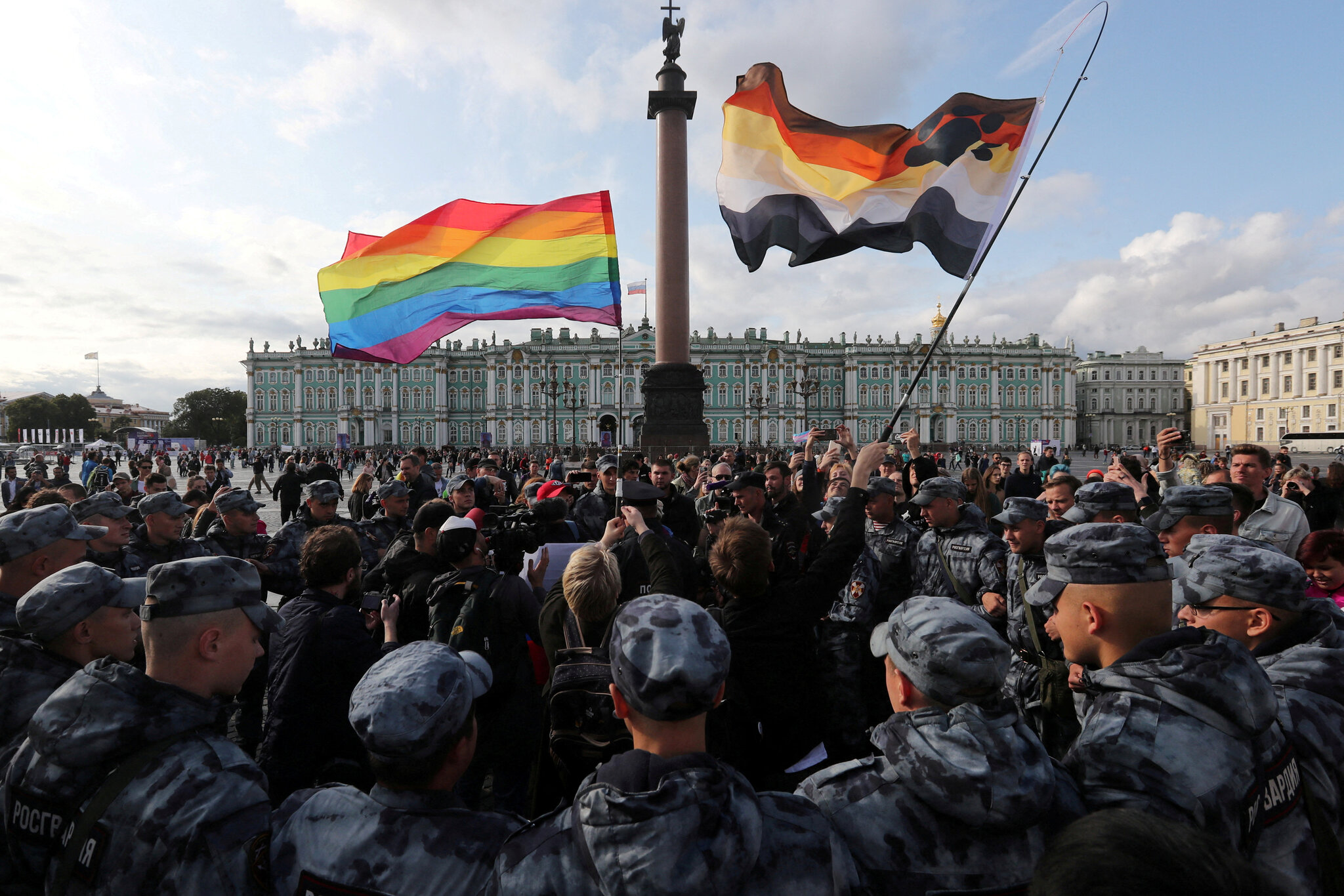Parliament in Russia has begun the process of passing a bill that has been described as anti-adoption and seeks to ban foreign adopters who live in countries where people are allowed to change their sex. Sponsored by Putin, the Lower House of Parliament passed the bill, which is one of many anti-LGBTQI+ policies, with 379 voting in favour and only one voting against.
According to the bill, the country receiving dollar abroad injection for amendment of the sex will be banned from adopting children in Russia. This attempt has been made by Russian lawmakers in a bid to shield children from the ‘dangers’ of ‘sexual appetites’ and pressured change of gender identity in permissive Western nations. United Russia party member Vasily Piskarev, who is an initiator of such law, said that the law aims at preventing children from being placed in homes where same-sex marriage and gender change exist, calling states that recognize such rights ‘sick.’
This latest bill is not the Russian government’s first attempt at targeting the LGBTQI+ community. In the recent past, the Kremlin and Russian authorities generally have eagerly painted the queer community as either extremists or propagandists and have sought to reduce the rights and liberties of the LGBTQI+ populace. Some policies have been passed that bar sex changes, censor information on same-sex relations, and enable the arrest of people of the LGBTQI+ community.
The situation in the country was also affected by the current political conflicts, particularly the war in Ukraine, which also led to a sharp decrease in foreign adoptions, which was only six children from Russia in 2023. Trying to combat the reduction in births, the Russian president has encouraged people to have more children since women should give birth to up to eight kids.
Furthermore, it has been proposed to extend criminalization to mere discussing and distributing—in this case, materials that encourage childlessness. The recent Russian ban on international adoptions on the grounds of gender identity is not an isolated case. However, the Chinese and Norwegian governments have also followed suit in a bid to control foreign adoption due to demographic issues. The Russian approach seems more ideological than demographic planning or strategy, though.
The anti-LGBTQI+ policies in the Kremlin begin in the early 2000s but have become even stricter in the recent past, although the queer community in Russia is very active and resistant. The campaign to wipe out alternative sexuality rights not only helps to bolster domestic policies but also to assert dominance over other conservative countries.
As this bill advances to its successive readings and possible enactment, it has raised a lot of apprehensions about the welfare of children and the impression it will give to Russian society on gender and sexual orientation. The international community observes this closely because these changes could considerably impact children and human rights in the Russian Federation.















